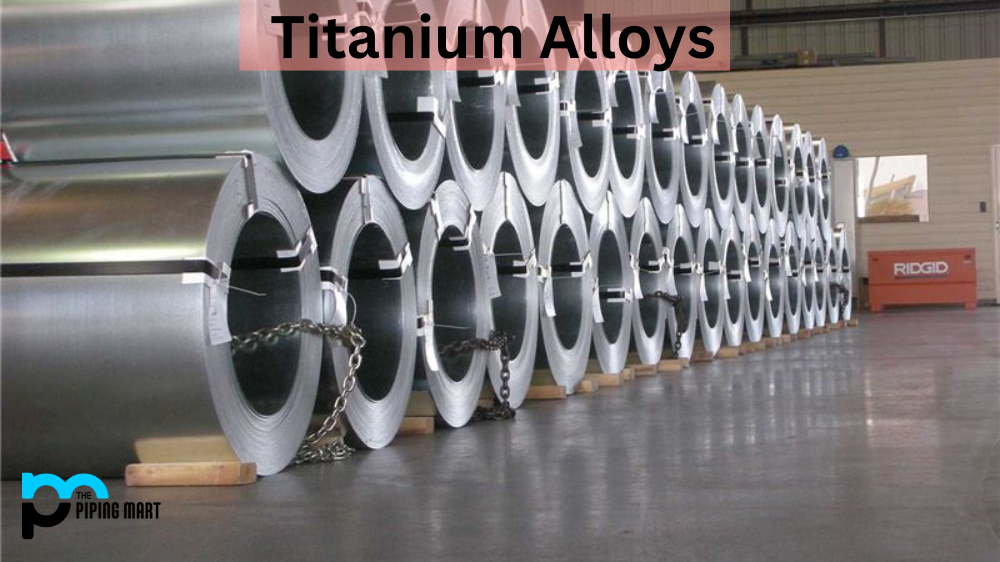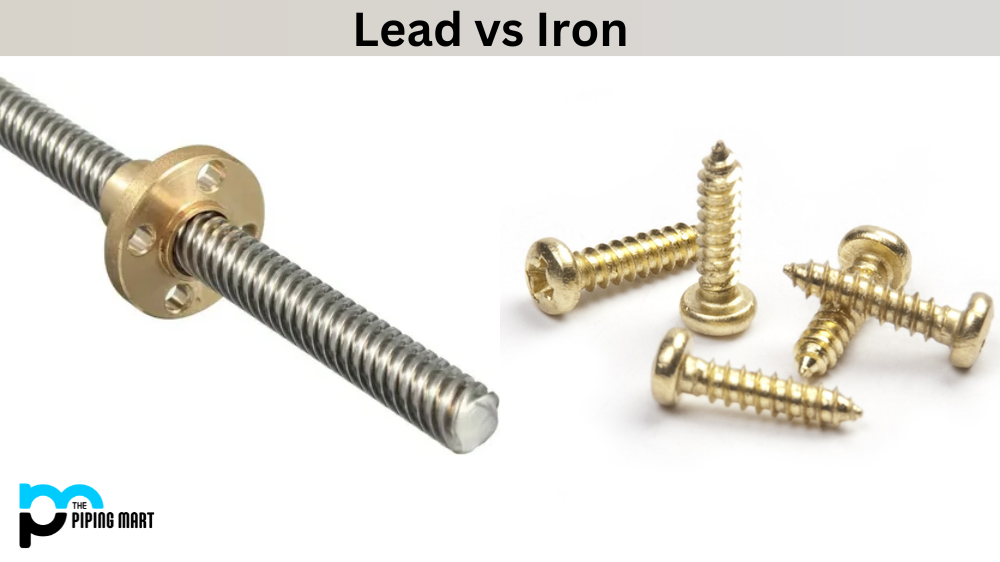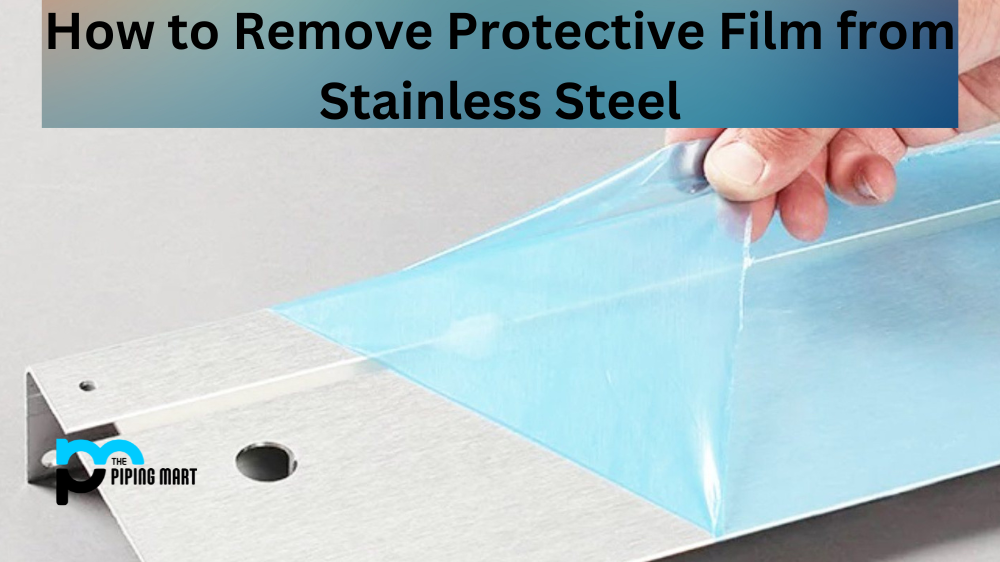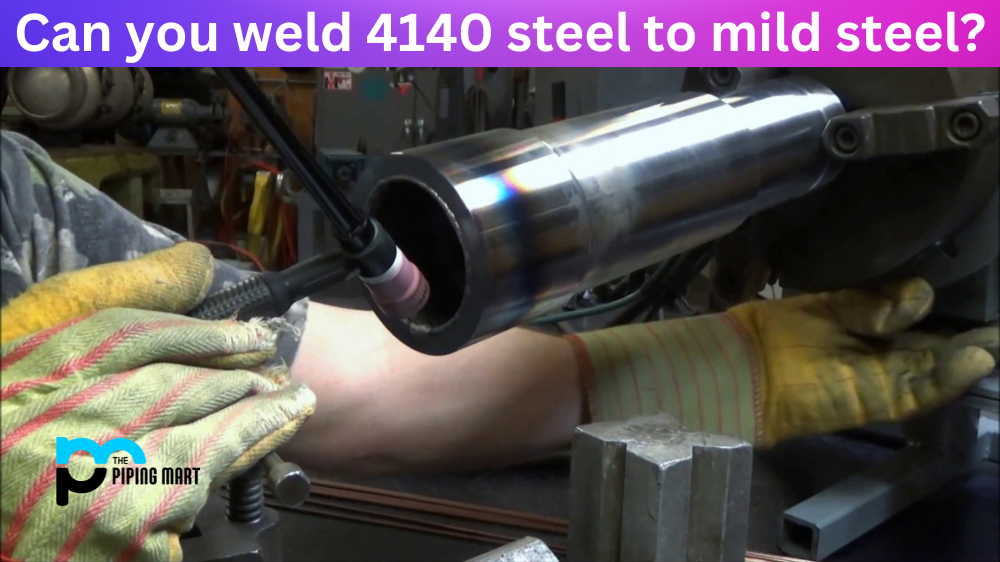Titanium alloys have become an increasingly popular choice for aerospace applications due to their strength and lightweight properties. However, manufacturing titanium alloys for aerospace appearances can be a complicated process. Let’s explore the challenges that come with titanium alloy manufacturing for aerospace purposes.
Titanium Alloy Processing Difficulties
Titanium alloys are known for being difficult to work with, especially when it comes to machining. This is due to their tendency to chip and crack during machining operations due to their high-strength properties. Furthermore, titanium alloys can also suffer from tool wear if not machined correctly, resulting in poor surface finish and unwanted dimensional variations in the end product.
Heat Treatment Challenges
Another challenge associated with titanium alloy manufacturing is heat treatment. Heat treatment processes are used to alter the microstructure of materials by changing their mechanical properties, such as hardness, ductility, and tensile strength. When it comes to titanium alloys, heat treatment becomes even more challenging as they have a much lower thermal conductivity than other metals, which results in slow heating and cooling rates during heat treatment processes. This makes it difficult to achieve consistent results when heat-treating titanium alloys compared to other metals.
Welding Concerns
Lastly, welding also presents unique challenges when working with titanium alloys due to their high melting point and low thermal conductivity. Welding parameters must be carefully controlled in order to avoid cracking or warping of the material during the welding operation. Furthermore, welders must be trained on how best to weld titanium alloys as they will require different equipment and techniques than those used on other types of metals.
Conclusion:
Manufacturing titanium alloys for aerospace applications presents many unique challenges, but with proper training and understanding of the material’s characteristics, those challenges can be overcome relatively easily. By understanding these challenges ahead of time, manufacturers can ensure that they are using the correct methods for processing and welding these materials so that they can produce quality parts every time without any issues arising from improper handling or processing techniques. With this knowledge in hand, manufacturers can confidently utilize titanium alloys in their production processes, knowing that they will get reliable results without any major problems occurring during production or assembly operations.

Meet Bhavesh, a seasoned blogger with a wealth of knowledge and experience. From metal products manufacturing to retail, Bhavesh has a diverse background in various industries and is dedicated to sharing his insights and expertise with readers.




